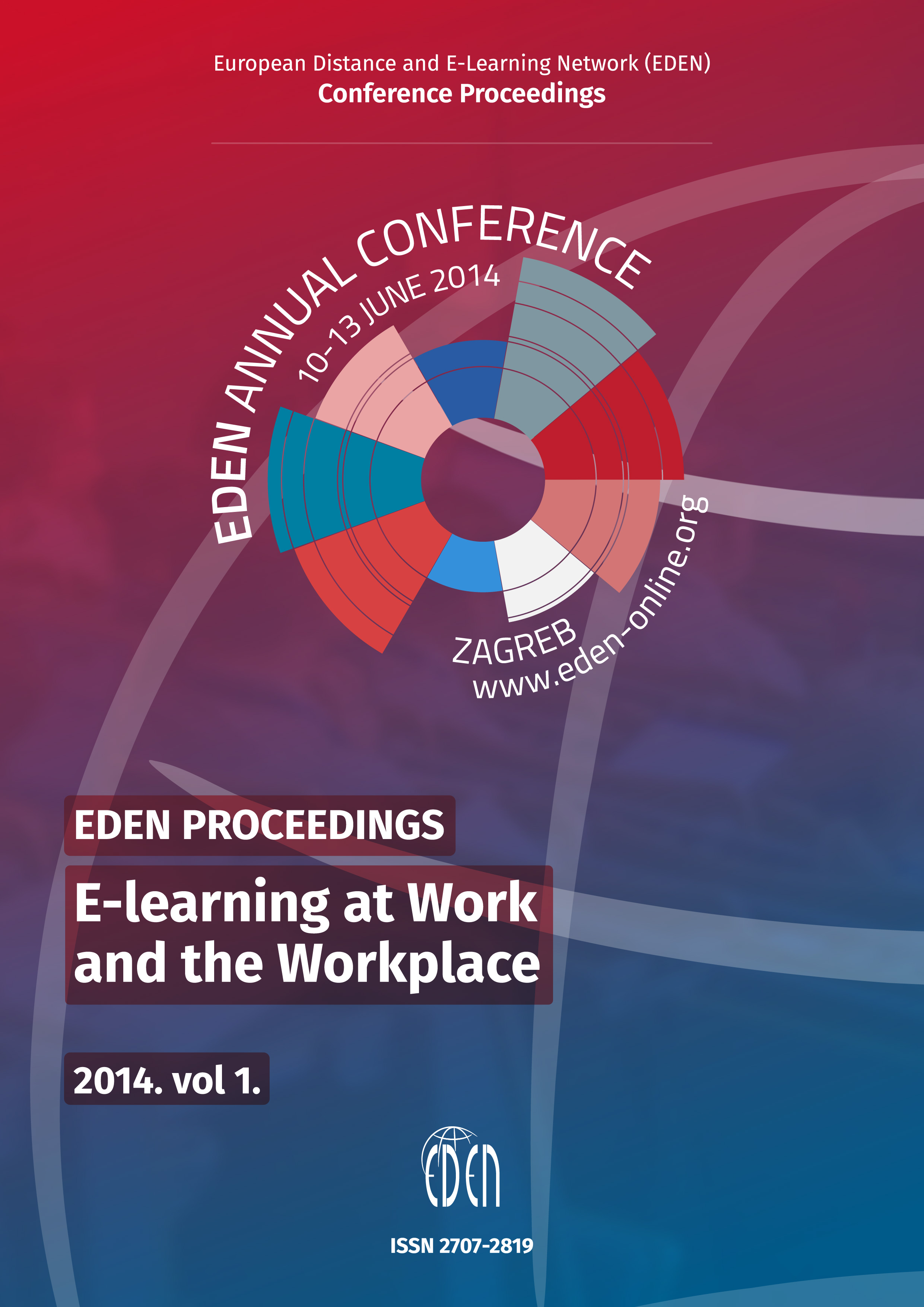Acceptance of Digital Learning Tools in the Context of Non-Traditional Students
Acceptance of Digital Learning Tools in the Context of Non-Traditional Students
Author(s): Joachim StoterSubject(s): Social Sciences, Education, Higher Education
Published by: European Distance and E-Learning Network
Keywords: Acceptance of eLearning; Adult Learners; Distance and e-learning methodology; Distance and e-learning theory; Learner needs, perceptions and motivations; Lifelong learning
Summary/Abstract: The characteristics and needs of adult students are the vital starting point in the instructional design process. In selecting appropriate media, the acceptance of e-learning tools and services by the student target population should be taken into account. For the instructional design process for programs for adult learners, it is worth looking on the experiences made in the field of university programs, because the distinction between traditional, distance and so-called non-traditional students (NTS) is becoming blurred. In order to address the needs of this student group – and NTS and adults are one rapidly growing group within university students – their distinctive characteristics need to be taken into account. A specific digital learning offering will only be viewed as important if adults perceive a clear benefit in using these online learning tools.
Journal: European Distance and E-Learning Network (EDEN) Conference Proceedings
- Issue Year: 2014
- Issue No: 1
- Page Range: 176-183
- Page Count: 8
- Language: English

